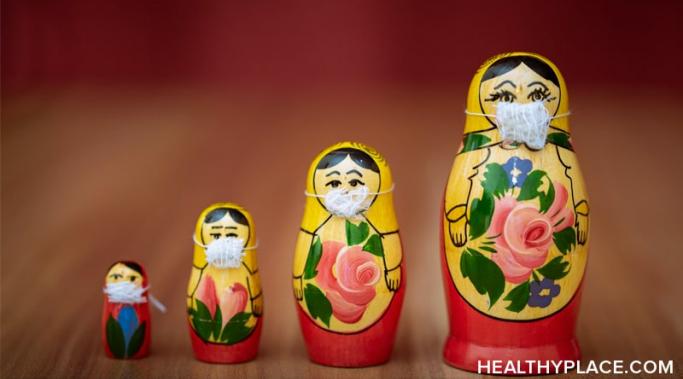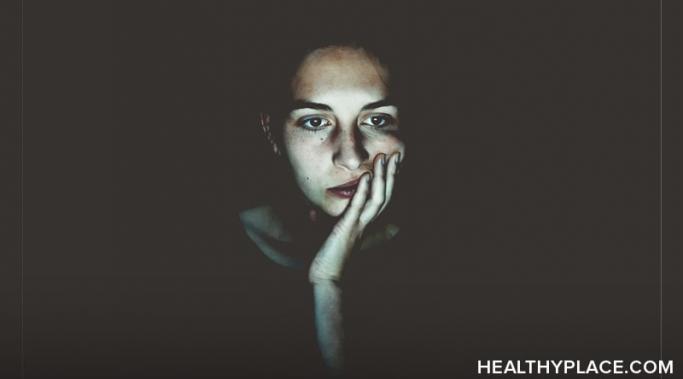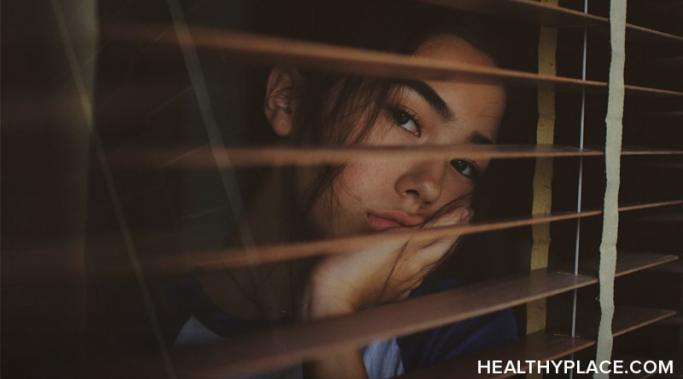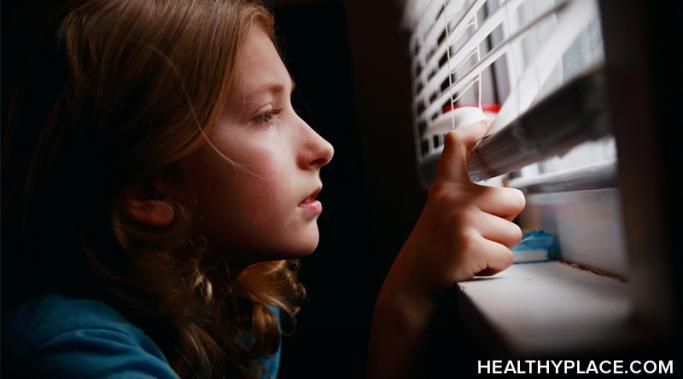Blogs
No one wants a mental health emergency at any time, but having a mental health emergency during the COVID-19 pandemic showed me how neither I nor the emergency room hospital staff was prepared to deal with a mental health crisis in this unsettling--and downright terrifying--time.
I'm not sure who has it worse: folks who are isolated alone or those of us who are quarantining with our loved ones. All in all, I'm glad my boyfriend and I left our Brooklyn apartment before the state of emergency was declared in order to quarantine upstate with my parents.
Mental resistance is something we all experience, but for a long time, I didn't realize there was actually a name for it, or a reason it happened besides me being lazy, horrible and bad. Mental resistance is that feeling where you want to do something a little differently to improve your life, but for some reason, you're just stuck.
Dealing with anxiety during COVID-19 is something foreign to us. It is hard not to experience stress and anxiety these days. I had planned to write this article about something else regarding anxiety, but I felt as though I would be remiss if I talked about anything other than what we are all going through right now and how it is affecting me since it is continuously a major part of my thoughts throughout the day.
I’m Nori Rose Hubert, and I’m so excited to contribute to the "Work and Bipolar or Depression" blog at HealthyPlace. I was diagnosed with bipolar disorder type II in May 2019 at age 26, after a lifetime of struggling with my mental health. Although our culture’s attitude towards mental illness is slowly changing for the better, mood disorders such as bipolar disorder remain highly stigmatized. I write about bipolar because I want others living with this disease to know they are not alone and that mental illness recovery is possible.
Surviving mental health stigma during isolation sounds like it would be an easy sort of situation. Even with isolation during the COVID-19 outbreak, the general idea of this practice is we're simply staying home and everything is okay, but that's not the case for everyone. Although the word "isolation," especially "self-isolation," gives this sense of being away from harmful things, there are still opportunities for mental health stigma.
How often do you read out loud to someone? If you have kids, it may be an everyday activity, but for many reading is a solitary activity. As I've lived through these surreal weeks, I've begun to question whether reading out loud might provide value that reading to oneself doesn't quite deliver.
Addiction recovery is filled with numerous unexpected triggers and challenges. There are obvious triggers recovering addicts must face along the path to recovery, like people, places, and activities that might be associated with their drug-of-choice. However, there are also plenty of unexpected triggers in addiction recovery that catch many individuals completely off guard.
I mentioned in last week’s article that sheltering at home with schizoaffective disorder during the COVID-19 pandemic wasn’t that hard for me because my schizoaffective anxiety keeps me in so much anyway. However, now the extreme isolation is starting to take its toll.
Coping with self-harm triggers can be difficult enough during normal, everyday life. It should come as no surprise that major stressors like the COVID-19 pandemic can make coping with self-harm triggers exponentially harder.









